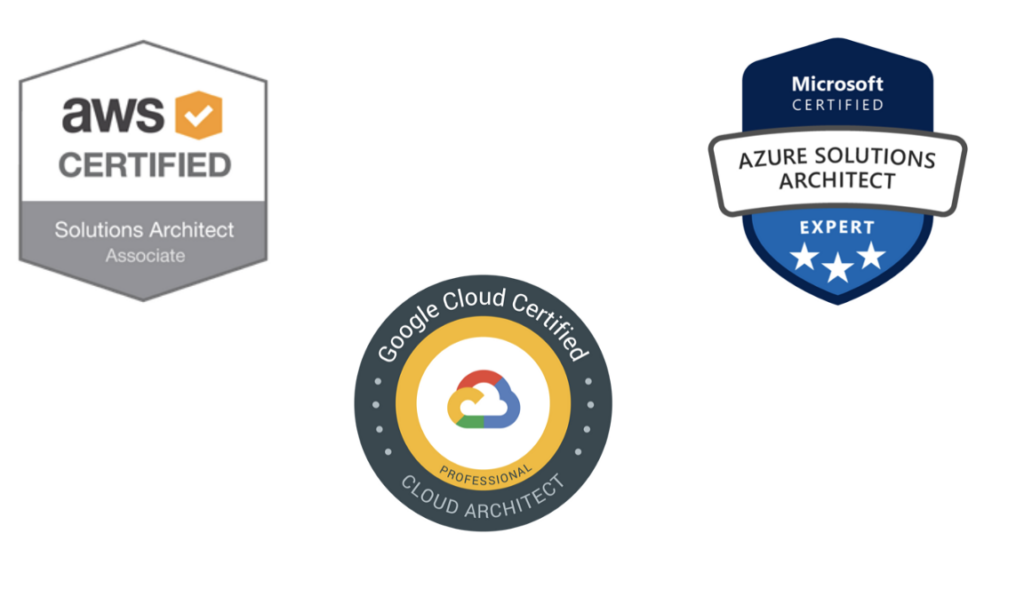
In the ever-evolving landscape of technology, the demand for skilled professionals continues to grow, particularly in fields like computer science (CS) and cloud computing. As individuals consider their career paths, they often face the decision between pursuing a traditional computer science degree or opting for cloud certification programs. Both paths offer unique advantages and challenges, making it essential to weigh the pros and cons carefully. In this article, we’ll explore the key benefits and drawbacks of CS degrees and cloud certification programs to help individuals make informed decisions about their education and career aspirations.
Pros and Cons of Computer Science Degrees:
Pros:
- Strong Foundation: CS degrees provide a comprehensive education in computer science principles, algorithms, data structures, and software engineering fundamentals. Graduates gain a deep understanding of core concepts that form the backbone of modern technology.
- Versatility: A CS degree opens doors to a wide range of career opportunities beyond cloud computing, including software development, cybersecurity, artificial intelligence, and more. Graduates have the flexibility to pursue various career paths within the tech industry.
- Recognition and Prestige: Employers often value the rigor and credibility of a CS degree from accredited institutions. Graduates may benefit from broader recognition and prestige when applying for jobs or seeking career advancement opportunities.
Cons:
- Time and Cost: Pursuing a CS degree typically requires a significant investment of time and money. Four-year undergraduate programs and additional graduate studies can be costly, requiring students to weigh the financial implications carefully.
- Lengthy Curriculum: CS degree programs follow a structured curriculum that covers a broad range of topics. While comprehensive, this approach may result in a longer time to graduation compared to more specialized certification programs.
- Theory-Centric: Some CS programs focus heavily on theoretical concepts, which may not always align with the practical skills demanded by industry. Graduates may need to supplement their education with hands-on experience or specialized training in specific technologies.
Pros and Cons of Cloud Certification Programs:
Pros:
- Specialized Training: Cloud certification programs offer targeted training in cloud computing platforms and technologies, such as Amazon Web Services (AWS), Microsoft Azure, or Google Cloud Platform (GCP). Participants gain practical skills and knowledge directly applicable to cloud-related roles.
- Rapid Skill Acquisition: Certification programs are designed to provide quick and focused learning experiences, allowing individuals to acquire in-demand skills efficiently. Participants can often complete certification courses in a matter of weeks or months.
- Cost-Effective: Compared to traditional degrees, cloud certification programs tend to be more cost-effective. Many certification courses are available online and offer flexible payment options, making them accessible to a broader audience.
Cons:
- Limited Scope: While certification programs focus on specific cloud platforms, they may lack the breadth and depth of a comprehensive CS education. Participants may need to supplement their training with additional coursework or self-study to gain a broader understanding of computer science principles.
- Industry Recognition: While cloud certifications demonstrate proficiency in specific technologies, they may not carry the same level of recognition or prestige as a CS degree from established institutions. Some employers may prioritize candidates with formal degrees for certain roles.
- Continuous Learning: Cloud technology evolves rapidly, requiring professionals to stay updated with the latest advancements and certifications. Individuals may need to pursue additional certifications or continuous education to remain competitive in the job market.
Conclusion: Choosing between a computer science degree and cloud certification programs depends on various factors, including career goals, learning preferences, and resource constraints. CS degrees offer a comprehensive education with versatility and recognition, but they require a significant time and financial commitment. On the other hand, cloud certification programs provide specialized training, rapid skill acquisition, and cost-effectiveness, but they may lack the depth and industry recognition of traditional degrees. Ultimately, individuals should carefully evaluate their priorities and consider their long-term career aspirations when deciding which path to pursue. By weighing the pros and cons of both options, individuals can make informed decisions that align with their goals and aspirations in the dynamic field of technology.